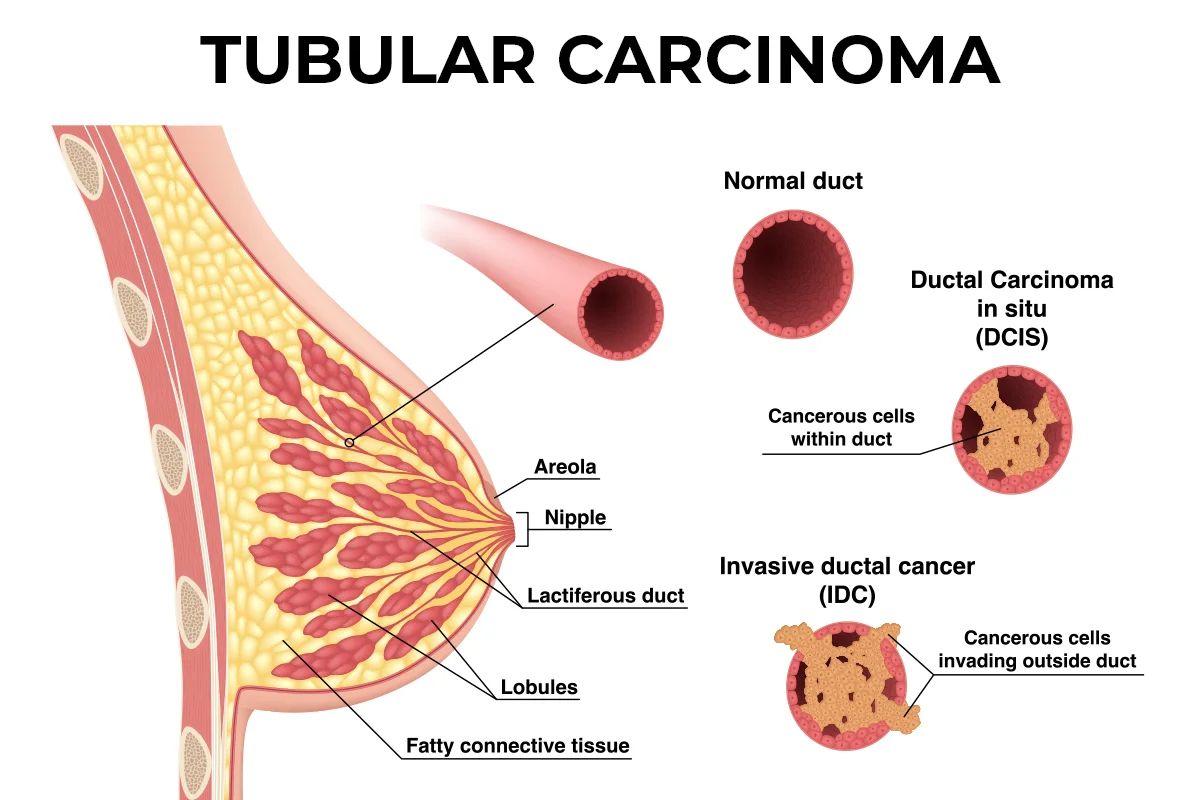
Are you a coffee lover who enjoys adding a splash of creaminess to your favorite cup of joe? If so, you’re likely familiar with Coffee Mate creamer, a popular choice for enhancing the flavor and texture of your morning brew. But have you ever wondered about the nutritional value of this delightful creamer? In this article, we’ll delve into ten key nutrition facts about Coffee Mate creamer, giving you a deeper understanding of what goes into your daily coffee ritual.
Calories and Serving Size
One serving of Coffee Mate creamer, which is about one tablespoon (15ml), contains approximately 35 calories. It’s important to keep in mind that these calories are added to the ones present in your coffee itself.
Fat Content
Coffee Mate creamer is a non-dairy creamer, which means it’s made without any milk or milk products. Consequently, it contains no cholesterol and is low in saturated fats. However, it does contain a small amount of trans fats, which are known to raise bad cholesterol levels. Moderation is key when enjoying this creamy addition to your coffee.
Sugar Levels
If you have a sweet tooth, you’ll be pleased to know that Coffee Mate creamer comes in various flavors, including classic vanilla, hazelnut, and caramel. However, with added flavor comes added sugars. On average, one tablespoon of Coffee Mate creamer contains around 5 grams of sugar. It’s essential to be mindful of your overall sugar intake, as excessive consumption can lead to various health concerns.
Sodium Content
When it comes to sodium, Coffee Mate creamer has a minimal amount. One tablespoon typically contains less than 5 milligrams of sodium. This makes it a suitable option for those who need to limit their sodium intake due to dietary restrictions or health concerns.
Calcium Enrichment
While Coffee Mate creamer doesn’t contain any natural calcium, many varieties are enriched with this essential mineral. Calcium is vital for bone health, and incorporating it into your daily routine, even through a creamer, can contribute to your overall calcium intake. Check the label to find out if the specific Coffee Mate creamer you choose is fortified with calcium.

Limited Protein and Fiber
When it comes to protein and fiber content, Coffee Mate creamer has minimal amounts. While it’s not a significant source of these nutrients, it’s important to remember that you can obtain protein and fiber from other sources within your diet.
Vitamins and Minerals
In terms of vitamins and minerals, Coffee Mate creamer doesn’t offer a wide array. However, some varieties may contain small amounts of vitamins such as vitamin A or vitamin D. Again, checking the label will help you determine the specific nutrients present in the creamer you choose.
Lactose-Free Option
For those who are lactose intolerant or have difficulty digesting lactose, Coffee Mate creamer is an excellent alternative to traditional dairy creamers. Since it’s made without milk, it contains no lactose, making it a suitable choice for individuals with lactose sensitivity.
Artificial Additives
It’s important to note that Coffee Mate creamer contains artificial additives, such as flavors, preservatives, and emulsifiers, which contribute to its taste, texture, and shelf life. While these additives are generally recognized as safe by regulatory authorities, some individuals may prefer to opt for more natural creamer options.
Portion Control
Lastly, it’s crucial to practice portion control when using Coffee Mate creamer. While it can enhance the flavor of your coffee, excessive use can add unnecessary calories, sugars, and fats to your diet. Moderation is key to enjoy the benefits of Coffee Mate creamer while maintaining a balanced lifestyle.
Conclusion
Now that you’re armed with these ten Coffee Mate creamer nutrition facts, you can make informed choices about how to incorporate it into your daily coffee routine. Remember, variety is key, and it’s always a good idea to read the label and explore different options that align with your personal preferences and nutritional goals. Enjoy your cup of coffee, complemented by a touch of creaminess, and savor each sip knowing that you have a better understanding of what you’re adding to your favorite beverage.
Was this page helpful?
Our commitment to delivering trustworthy and engaging content is at the heart of what we do. Each fact on our site is contributed by real users like you, bringing a wealth of diverse insights and information. To ensure the highest standards of accuracy and reliability, our dedicated editors meticulously review each submission. This process guarantees that the facts we share are not only fascinating but also credible. Trust in our commitment to quality and authenticity as you explore and learn with us.


